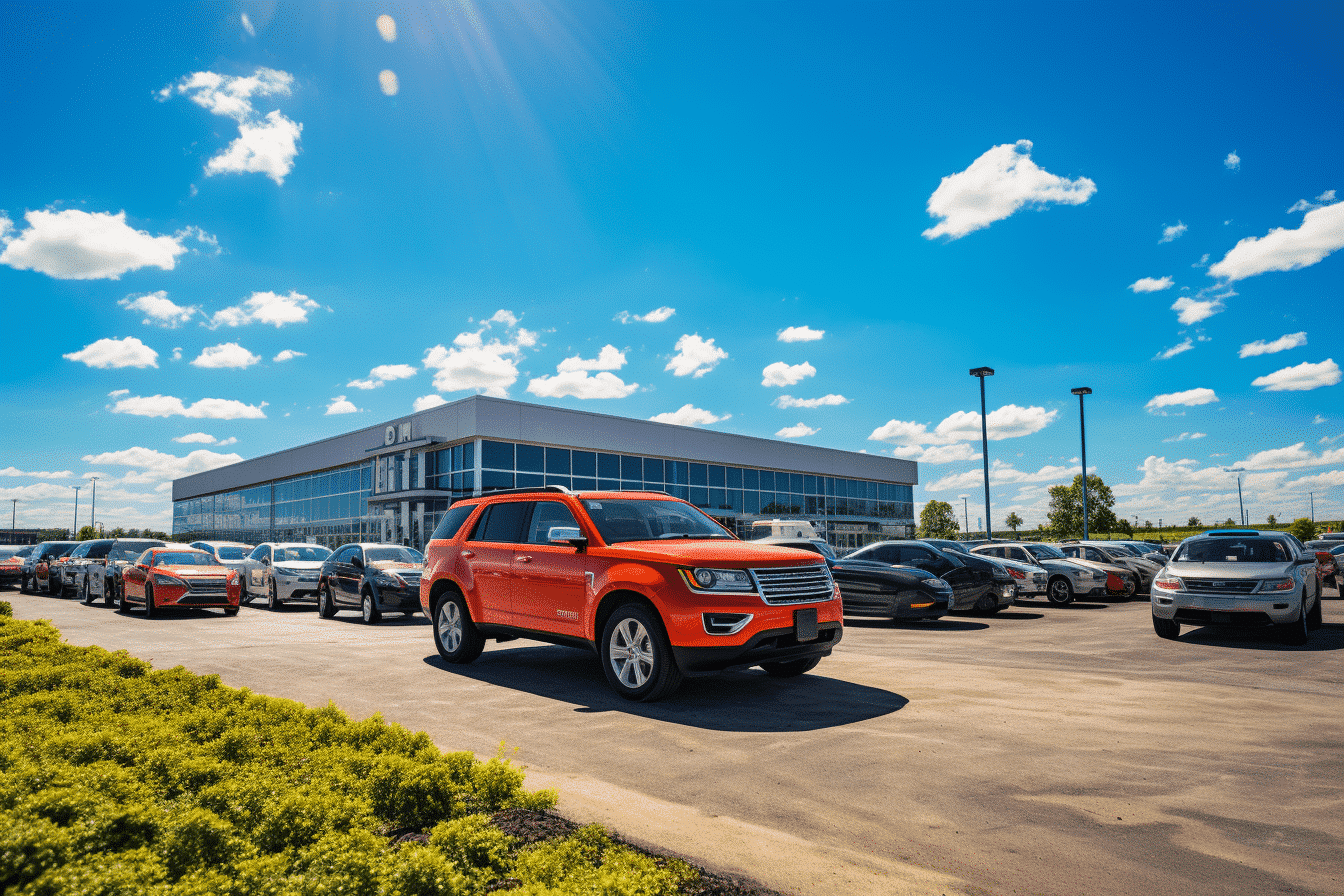Many car owners develop sentimental attachments to their vehicles, making it difficult to bid farewell when their old faithfuls start showing signs of wear. However, when your older car begins to lose its charm and drivability, it might be time to consider replacing it with a shiny new model.
While buying a new car can be a costly endeavor, there are several factors to consider before making the switch, as your vehicle ownership costs may rise in some areas and decrease in others.
Prepare for Certain Costs to Rise
In recent times, the average monthly new car payment has surged to $730, according to Edmunds. This figure doesn’t necessarily apply to every new car, but if you were still paying off your older car, you might see a bump in your monthly loan payments with the new one. On top of that, your auto insurance expenses are likely to increase as well. Auto insurance costs are heavily influenced by your vehicle’s value, so upgrading to a newer model with a higher value might result in higher premiums.
However, it’s essential to remember that you can always shop around for insurance to find the best rates for your new vehicle. While replacing an old car with a new one generally means spending more on insurance, you can still mitigate the impact by being a savvy shopper.
Some of Your Expenses Might Fall
Despite the potential increase in car payments and insurance costs, there are areas where you might end up saving money with a new car. For starters, a brand-new car typically comes with a warranty that covers major repairs for several years. In contrast, older cars often require more frequent and costly repairs as they age and wear out.
Additionally, maintaining a new car might be less expensive than keeping an older one. Although this is generally true, it’s essential to note that higher-end models might have higher maintenance costs. For instance, a basic oil change for an average car costs between $35 to $75, but for a luxury BMW, you might end up paying between $135 and $175 for the same service.
Peace of Mind and Safety Benefits
The decision to replace an old car with a new one goes beyond financial considerations. If your vehicle is essential for daily commutes, relying on an unreliable car can be incredibly stressful. The constant worry about whether your aging car will start each day can be nerve-wracking. Moreover, older cars can develop drivability issues, which may compromise safety.
By investing in a newer model, you gain peace of mind, knowing that you have a reliable and safer mode of transportation. Safety features in modern cars, such as advanced driver-assistance systems, can help prevent accidents and protect you and your passengers on the road.
Weighing the Costs and Benefits for an Informed Decision
When the time comes to replace your aging car, consider the pros and cons carefully. While purchasing a new car may lead to higher car payments and insurance premiums, it also brings the assurance of a reliable and safe vehicle.
The expenses you save on potential repairs and maintenance could offset some of the increased costs. Remember to shop around for insurance quotes to find the best rates for your new car. Ultimately, making an informed decision will ensure that you enjoy the benefits of your new car while managing your finances effectively.




